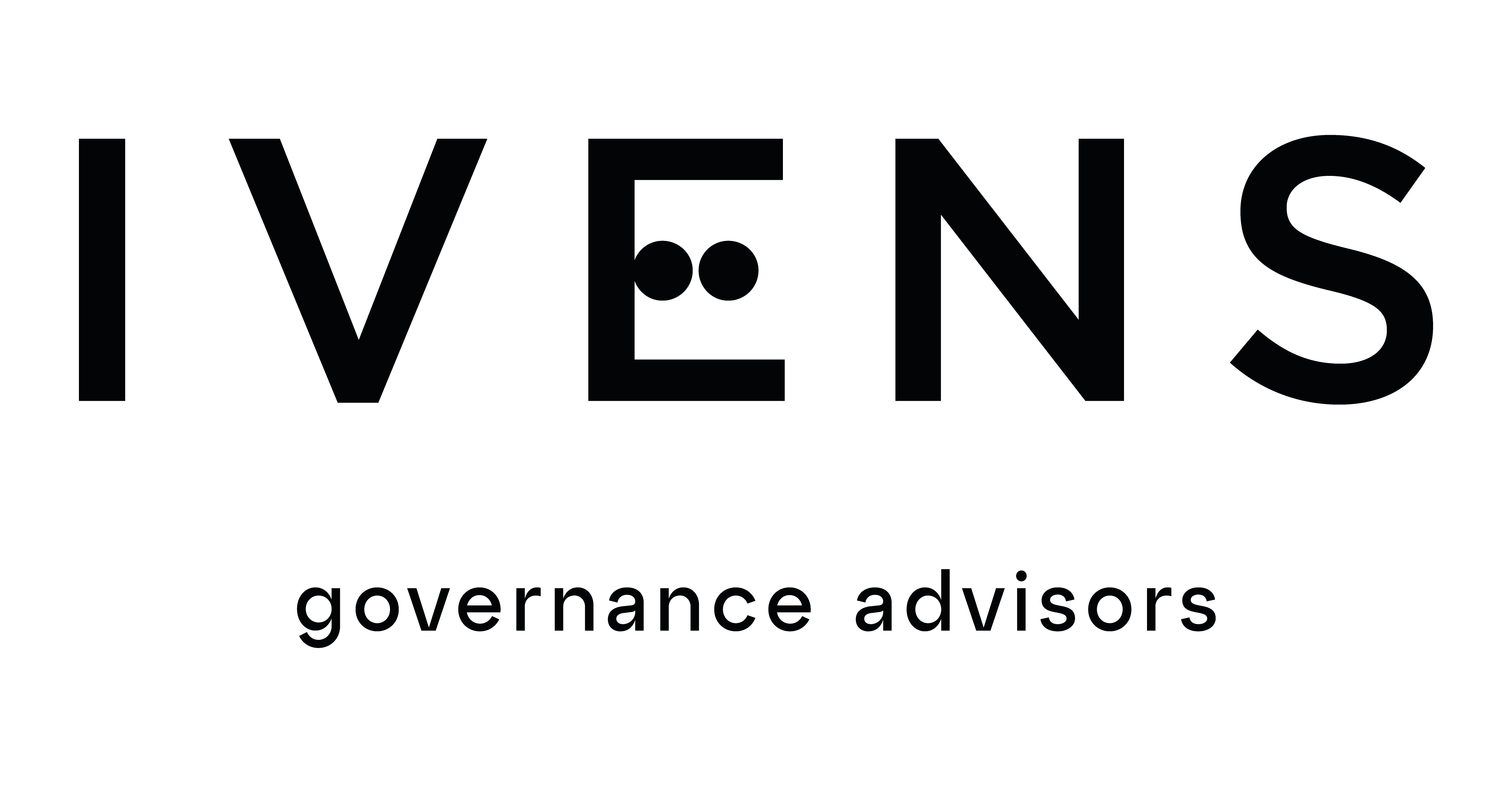The importance of the Board Review in the strategic effectiveness of the Board of Directors
Talking about Corporate Governance goes far beyond rules, structures, and conduct. It’s about reflecting on how an organisation engages with its various stakeholders, ensures transparency, accountability and effective management, and implements robust control mechanisms — such as audit, compliance, and risk management.
Within this framework, one essential element for ensuring the quality of governance is the Board Review process.
The central role of the Board of Directors
The Board of Directors is the highest supervisory body of an organisation. It is responsible for setting the strategic direction of the company, overseeing the Executive Committee, and maintaining strong relationships with internal and external stakeholders.
The Board operates as a strategic oversight body whose effectiveness has a direct impact on the organisation’s reputation, market value, and long-term sustainability.
To fulfil this mission with excellence, it is critical to ensure that the Board itself is functioning effectively, cohesively, and in alignment with the organisation’s strategic goals. This is precisely where the Board Review becomes a key mechanism for reflection, evaluation, and continuous improvement.
What is a Board Review and why is it Important?
A Board Review is a strategic and holistic assessment of the Board’s practices and overall functioning. Its purpose is to ensure that the Board is well-positioned to tackle strategic challenges, provide leadership and oversight, and add value to the organisation.
This process involves evaluating the composition, competencies, and performance of the Board — including individual capabilities, diversity of background and experience, group dynamics, and the decision-making process.
Key benefits of the Board Review
1. Improvement of Board effectiveness
Board Reviews help identify strengths, weaknesses, and gaps in the Board’s composition, structure, and processes, leading to targeted improvements in decision-making and oversight capabilities.
2. Alignment with strategic objectives
The process assesses how well the Board is aligned with the organisation’s strategic priorities and challenges. It reviews governance practices, the level of involvement in strategic planning, and the effectiveness of oversight and accountability mechanisms.
3. Strengthening Corporate Governance
Regular Board Reviews reinforce the principles of transparency, ethics, and responsibility — pillars of Corporate Governance — and help safeguard the interests of shareholders and stakeholders alike.
4. Identification of risks and opportunities
In addition to monitoring known risks, the review process uncovers hidden governance-related risks and highlights opportunities to enhance internal controls and management systems.
5. Effective communication and market trust
A rigorous and objective Board Review process strengthens internal communication between the Board and Management, and enhances external transparency towards shareholders and investors.
The result is increased trust and credibility — essential for market reputation and access to capital.
6. Development of Board Members
By providing collective feedback on Board functioning, the review supports the professional development of individual directors and promotes continuous learning and the advancement of both technical and behavioural competencies.
How should a Board Review be cconducted?
Board Reviews should be conducted independently and constructively, with full objectivity and a focus on the collective performance of the Board, individual contributions, and gaps in strategic competencies — such as technological expertise, ESG commitment, innovation, and Board diversity. They should also identify opportunities to strengthen governance practices.
Ideally, a Board Review should be conducted annually or every two years — and in regulated sectors such as banking, at least once per mandate. It should be led by external consultants with governance expertise and, when relevant, supported by internal evaluation committees composed of independent members.
More than a formal exercise, the Board Review is a powerful tool for value creation. It ensures that the Board functions effectively, remains aligned with the company’s objectives, and upholds strong and ethical governance.
By investing in the Board Review process, organisations reinforce their reputation, build market trust, and position themselves for greater competitiveness and long-term sustainability.


